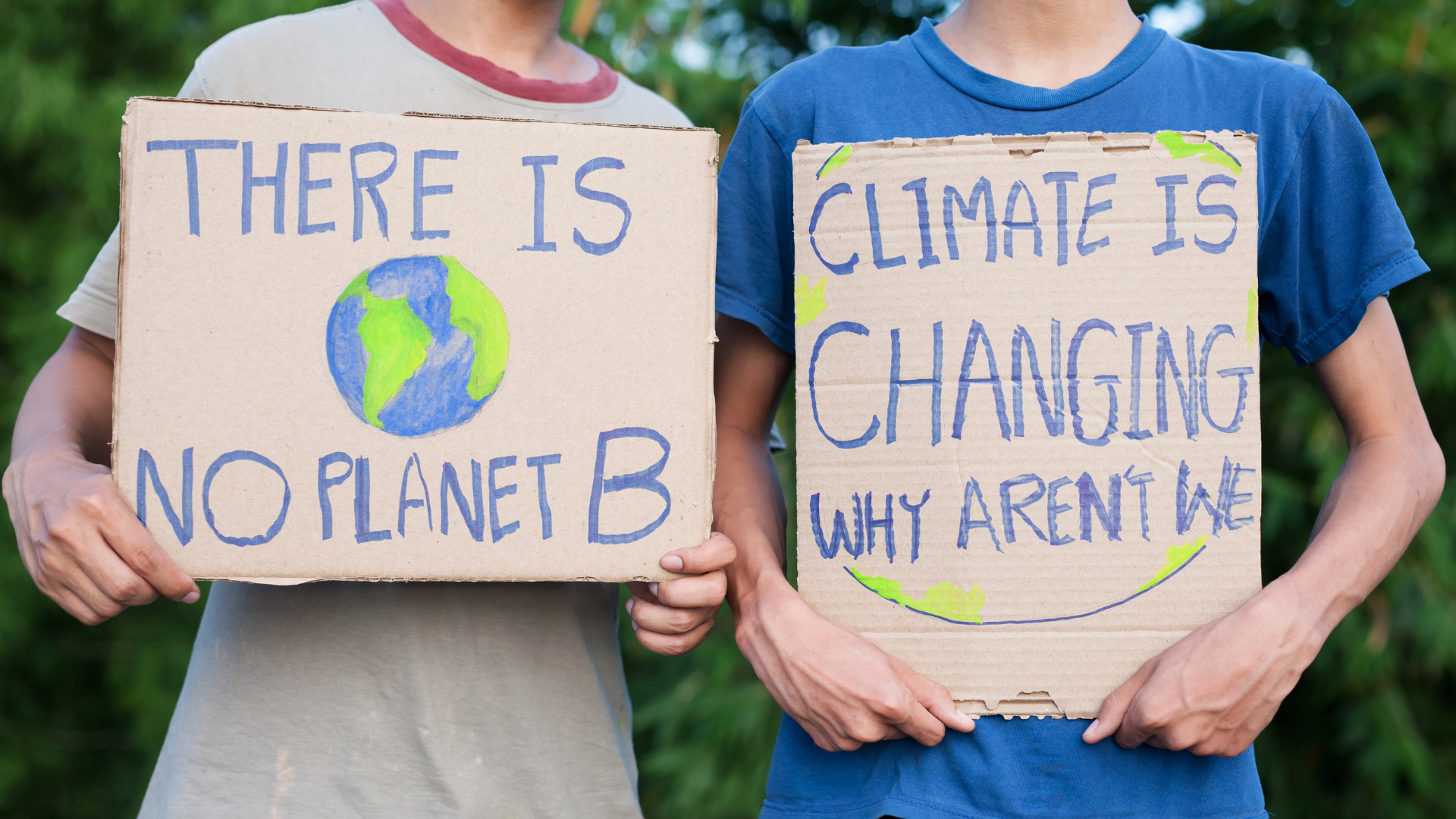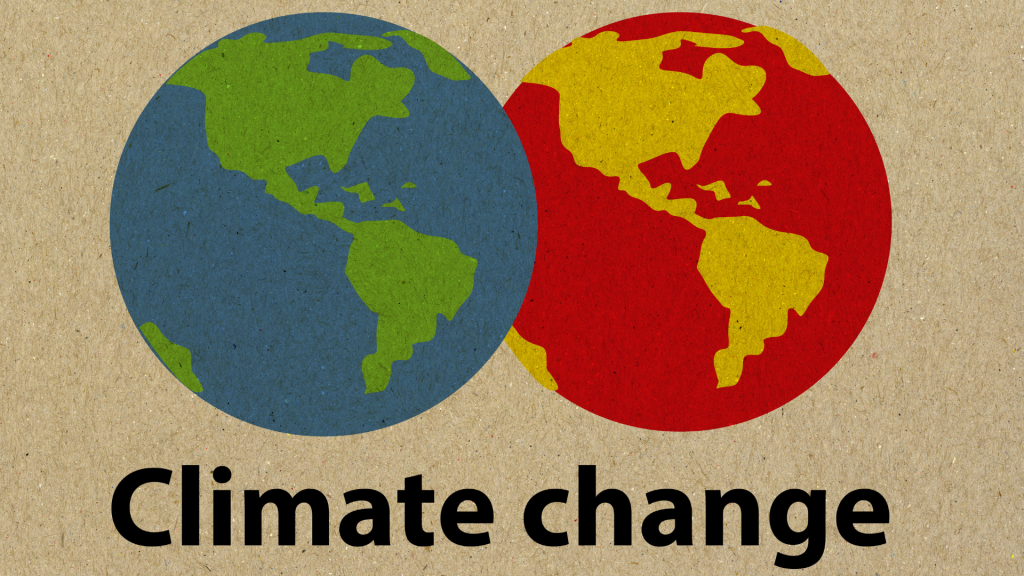What can you do about Climate Change?
By 2100, climate change will cost the US economy hundreds of billions of dollars, according to a new analysis, so what can be done? For starters, cut back on your carbon footprint, and since transportation accounts for almost 40 percent of greenhouse gas emissions, that means driving less. Later this week, we’ll look at other ways you can help fight climate change, but in the meantime, here’s what you can do to reduce your carbon footprint:- Reduce energy use as well as your bills. Climate change is a hot topic these days, but there’s a new, less politicized way to approach the issue. Even though climate change is an abstract concept that really affects all of us, you can do something about it. The Environmental Protection Agency (EPA) has an ongoing initiative called Home Energy Saver to encourage individuals, families, and businesses to reduce their energy use and save money. You can save energy and money by choosing energy-efficient products, unplugging electronics, installing Energy Star windows or door products, and turning off lights and appliances when not in use.
- As much as possible, leave your car at home. If you drive to work, carpool, or take public transportation, you’re already doing your part to combat climate change. But there’s more you can do beyond parking your car during the week; another way to save energy and lighten your carbon footprint is to leave the car at home. When you drive to work, you not only use gas or electricity to get to your destination, but you also expend your energy driving to and from the place you choose to do business. So if you can find a way to work from home, order lunches, or work from a different location, you can not only save gas money but also reduce stress on your car.
- Reduce your air travel. Most of us are familiar with the fact that flying is a major contributor to global climate change. In fact, flying accounts for 2 percent of global greenhouse gas emissions, according to research from NASA. Although you can take steps to offset your carbon footprint when you fly, such as planting a tree to offset your emissions, there are things you can do to cut back on flying, such as packing smarter so you can take less of everything with you.
- Eat less dairy as well as meat. Did you know that raising animals for food is responsible for 14% of greenhouse gas emissions? And that the food you eat is responsible for 11% of greenhouse gases? And that, on average, our diets contribute to around 18% of all greenhouse gas emissions? As the global population continues to grow, demand for meat is going up, too. The meat-heavy diet isn’t just bad for the global environment; it also poses significant health risks.
- Cut down on single-use items. How we dress and what we wear can help or hinder our impact on the planet. Our clothes are the biggest contributor to our carbon footprint. They take up a lot of space in landfills and need to be laundered and washed, which consumes a lot of energy. Plus, clothing made from plastic and microfibres persists in the environment for hundreds of years.
- Know where you are investing your money. The growing importance of responsible investing is leading to a change in the way money managers think about their investments. Sustainability is not just about keeping the economy going now; it is also about ensuring that current generations are able to leave a healthy planet for future generations. Some international companies, for instance, are known to invest millions in projects which have the capacity to cause significant environmental damage and climate change. So, next time you make an investment, you might want to know where your money is being invested into.
- Let your voice be heard. The sad fact is that climate change is an environmental crisis with both immediate and long-term impacts. It affects our health, our economy, our security, and our future. Yet, climate change deniers are actively damaging our planet and our future. Elected officials, however, have the power to make changes. Join others like you in taking action and speaking up about the importance of addressing climate change, including through conservation and renewable energy.



